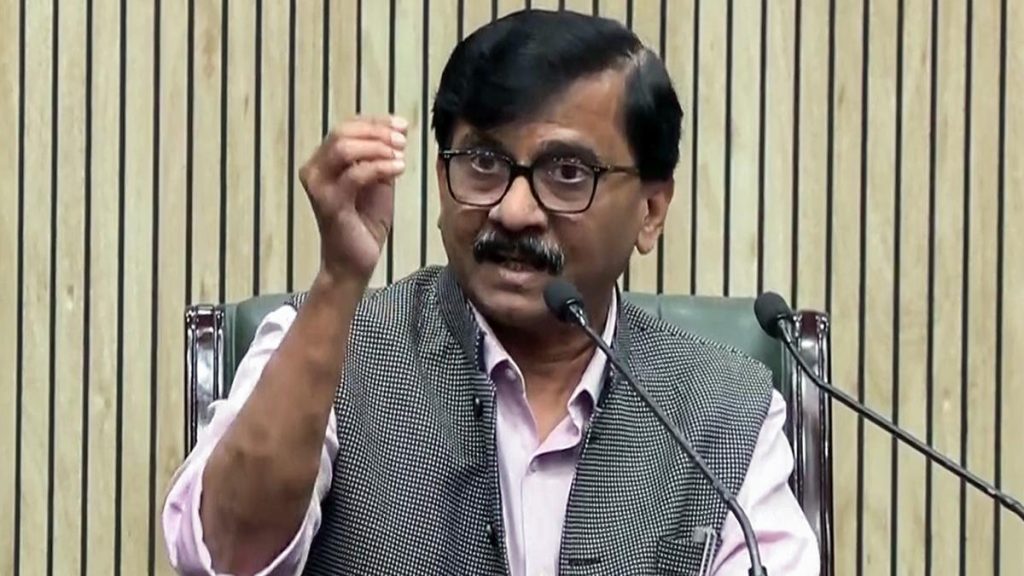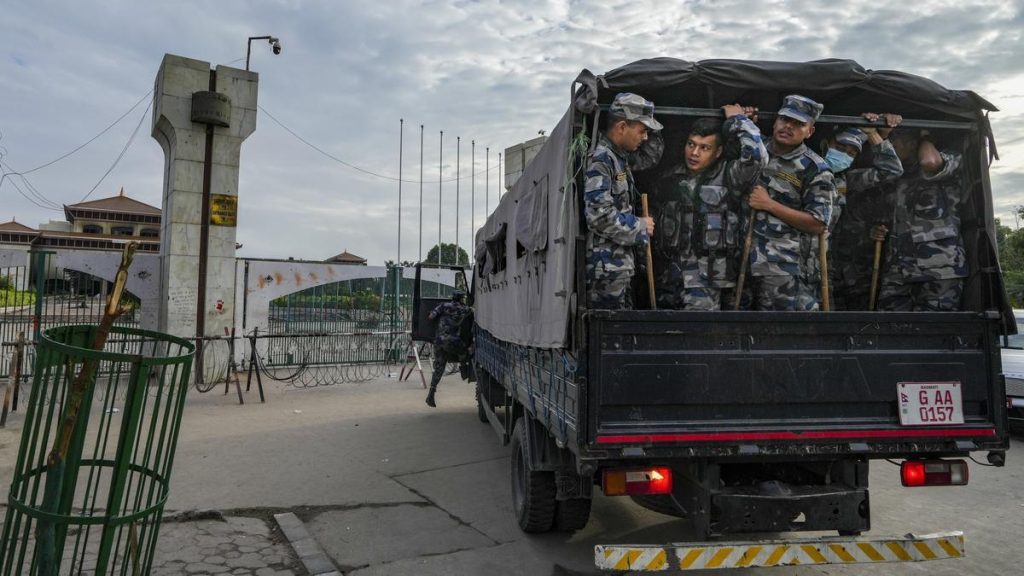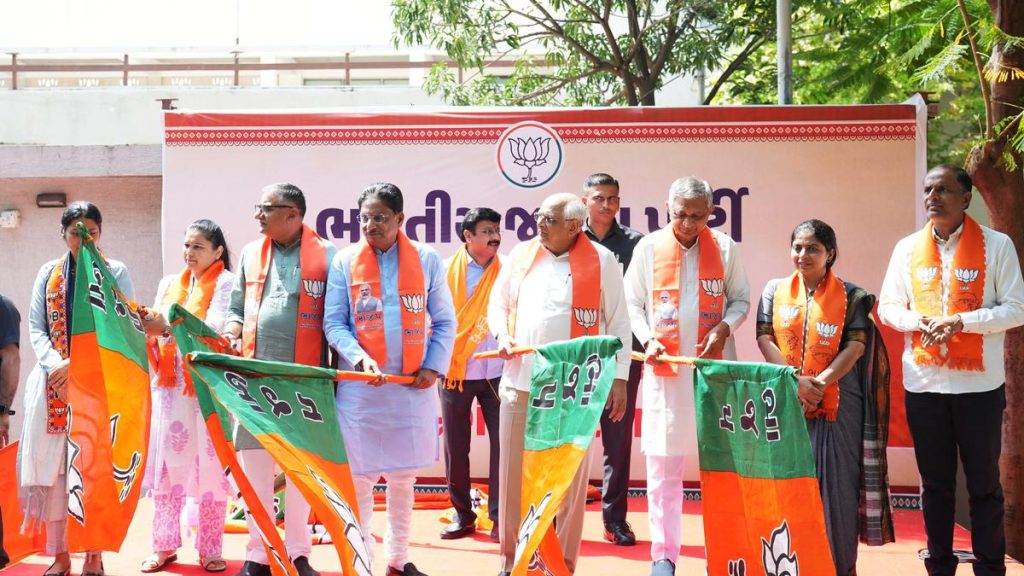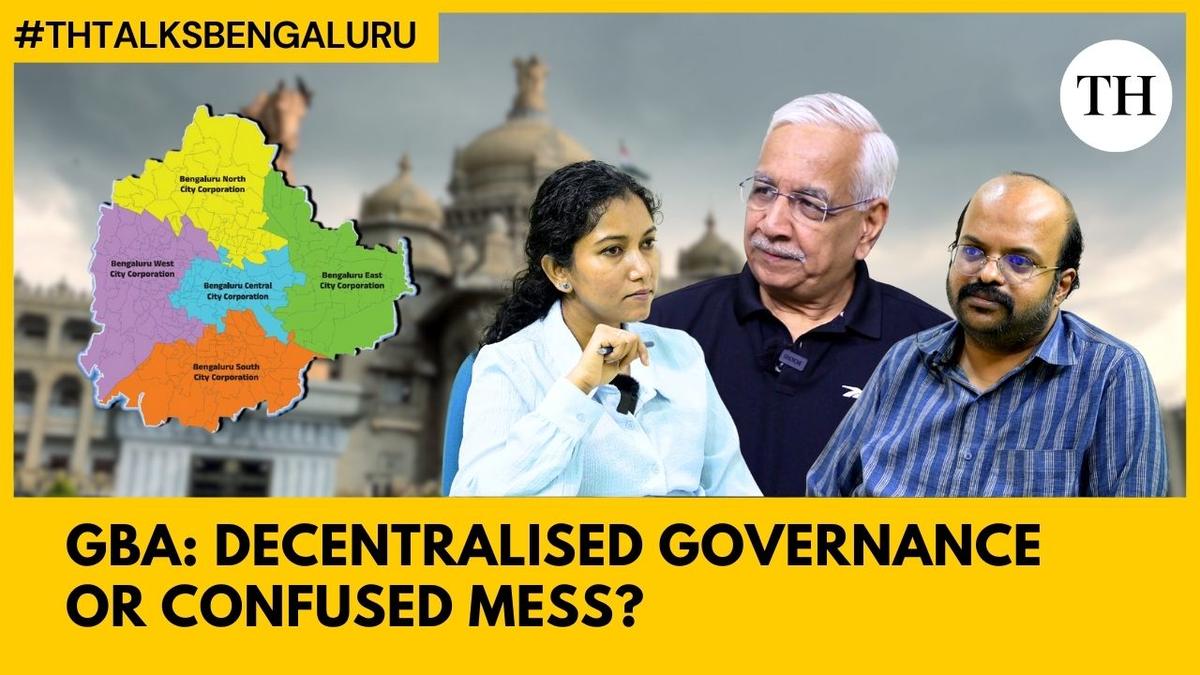Now Reading: Guest Lecturers Urge State to Retain Non-UGC Qualified Staff in Colleges
-
01
Guest Lecturers Urge State to Retain Non-UGC Qualified Staff in Colleges
Guest Lecturers Urge State to Retain Non-UGC Qualified Staff in Colleges
Rapid Summary
- Appeal by Guest Lecturers: Government degree college guest lecturers in Karnataka urged the State government to protect their jobs, despite UGC norms that disqualify some.
- Numbers Involved: Out of 11,000 guest lecturers, 5,623 meet UGC eligibility requirements; 5,353 do not. Many have MPhil degrees and notable teaching experience but face uncertainty about continued employment.
- Low salaries and Age Factor: Guest lecturers are paid only for 10 months per year with low salaries. A large number of them are over 50 years old and cannot easily apply for other jobs.
- dependence on Guest Faculty: nearly 70% of degree colleges rely on guest faculty for regular classes. Students have suffered from the lack of classes over the past one-and-a-half months due to hiring delays or disputes.
- Impacts on Education Sector: The situation has reportedly benefited private colleges while affecting children from economically weaker families in government institutions. Some students have protested demanding quicker recruitment decisions.
- Upcoming Protest Threats: If no favorable decision is made by the cabinet soon, guest lecturers plan an indefinite protest in Mysuru.
(Image Source & Caption Credit: S.K Dinesh/The Hindu)
Indian Opinion Analysis
The challenges faced by government degree college guest lecturers in Karnataka highlight broader issues around equitable workforce policies within IndiaS public education system. The duality between adhering to UGC norms and recognizing years of service creates tension but also underscores systemic inadequacies such as poor salary structures and inconsistent benefits offered to temporary staff across state-run institutions.The reliance on guest faculty-comprising nearly 70% of teaching staff-raises questions about sustainable educational governance. Delays in resolving this dispute directly impact marginalized students who depend heavily on affordable public education. Furthermore, permitting prolonged disruptions weakens confidence in state-lead institutions at a time when private entities are capitalizing on enrollment shifts.
Resolving this issue may necessitate balancing formal qualifications outlined by bodies like UGC with pragmatic considerations such as experience-based meritocracy and age-related constraints faced by many educators involved. The government’s decision could set precedent both regionally and nationally regarding how contractual personnel tied deeply to organizational success might be accommodated amidst regulatory frameworks.

























